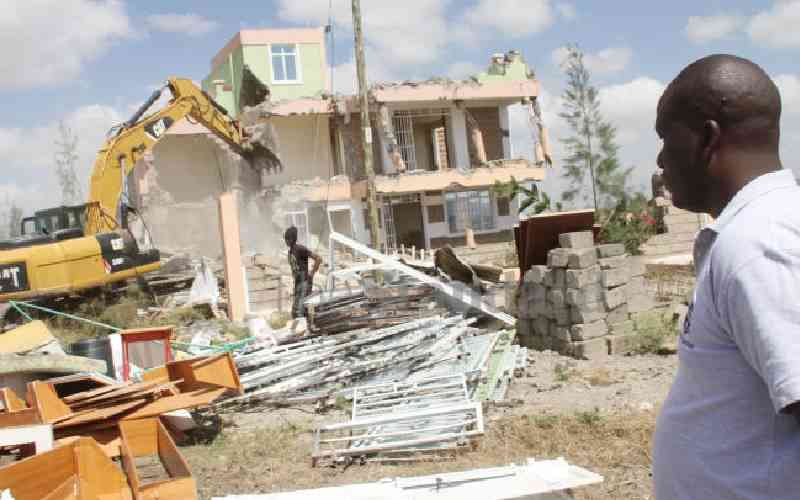×
The Standard e-Paper
Kenya’s Boldest Voice

The inordinate focus on land acquisition in urban and peri-urban areas is driven by two primary considerations. It is the first crucial step towards homeownership for many Kenyans who cannot afford to buy ready-built houses in the market.
Second, ancestral land or land in rural areas cannot easily be collateralised. But that in urban and peri-urban areas is easily chargeable to financial institutions to provide capital for various pursuits including house building.